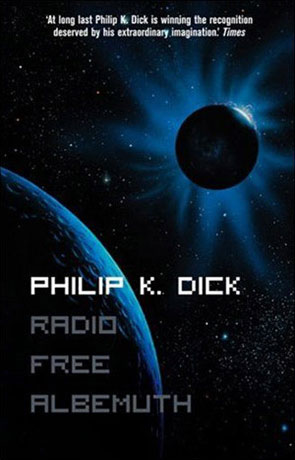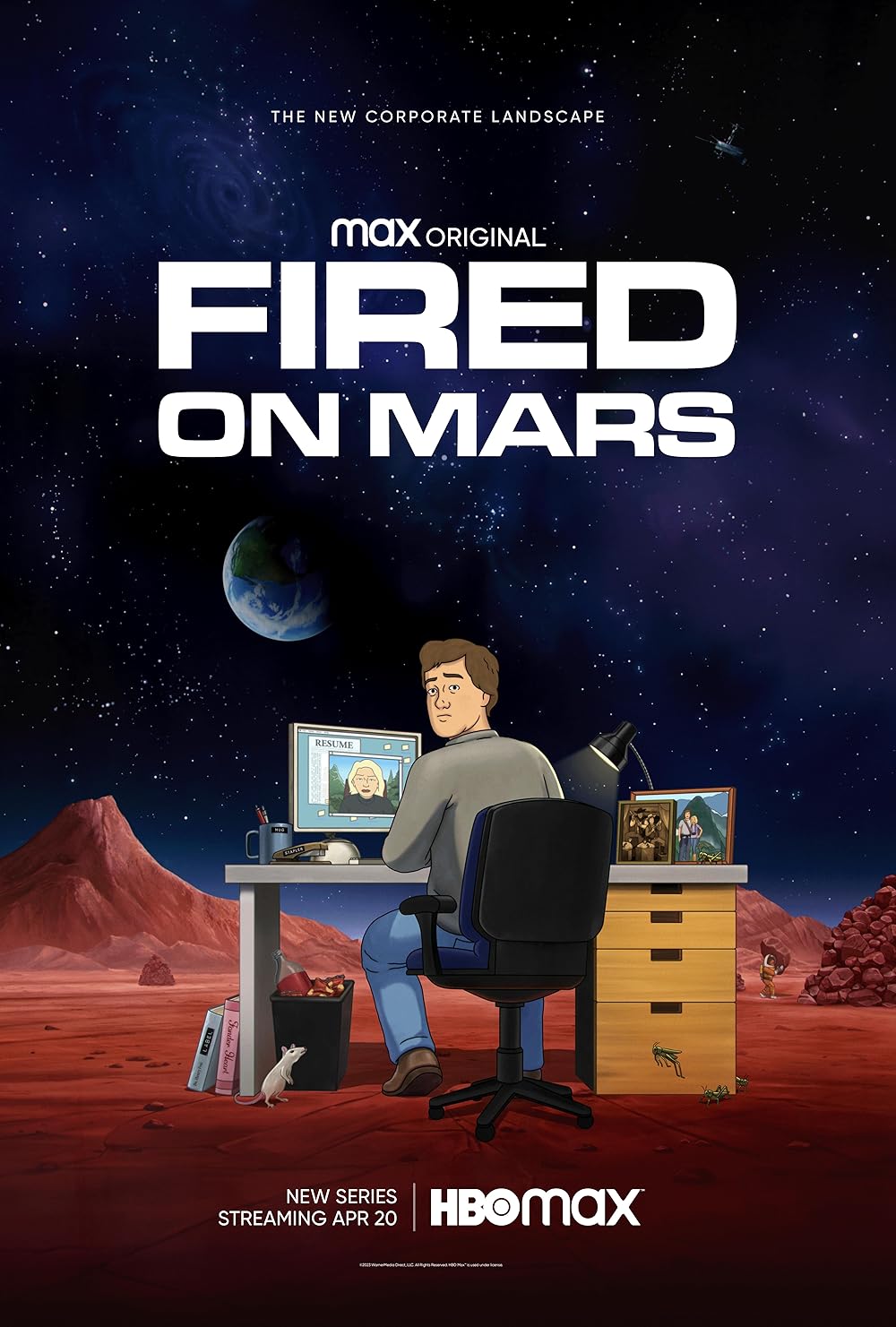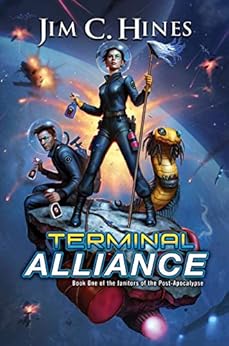In 2004, I was prompted to write an essay to address the following question: Is America's role in the world contributing to the enhancement of general human welfare?
I had just finished reading Philip K. Dick’s novel, “Radio Free Albemuth”. So I based my essay on that reading.
I recently read Philip K. Dick’s novel, “Radio Free Albemuth”. In this book, Dick speculated what might happen if the people accidentally elected a paranoid fascist dictator as the President of the United States. Dick died in 1982, and his estate published the book posthumously in 1985. But it’s amazing how closely his vision resembled the events of 2002-2003.
Dick’s fictional villain, Ferris F. Freemont, traveled the country speaking of threats from subversive elements out to destroy the United States. Like Hitler in the 1930s, he used patriotism and fear to rally the people behind his cause. He created the Friends of the American People (FAP). A Nazi-like organization that got people spying on each other in order to ensure their loyalty to the President.
Dick’s three protagonists were a novelist, a singer and a record company executive. Since recording artists often have the ability to inspire people’s passions and rally them to a cause, FAP wanted to prevent the singer from recording any music that might criticize the President. They blackmailed the writer into spying on the record executive, and the record executive into spying on the singer.
As I read Dick’s novel in March 2003, I couldn’t help noticing the similarity to the Dixie Chicks controversy. President Bush was traveling the country in 2002 spreading fear about Al Qeada’s and Iraq’s potential for attacking American citizens. Bush said it was essential that we start a war with Iraq. And when a recording artist, Natalie Manes of the Dixie Chicks, criticized Bush’s position, the country jumped on her.
Political commentators and several major news organizations blasted her. “Support your President,” they insisted. “Doesn’t he deserve your support?” they asked rhetorically. Political commentators harassed her for weeks. Bush’s supporters sent threatening letters, staged protests, and burned her CDs. They pressured her into backing down and apologizing for exercising her right to free speech.
Although Natalie Manes backed down, many other people stood their ground. Janeane Garofalo, Martin Sheen, Mike Farrell, Tim Robbins and nearly 100 other celebrities banded together and continued speaking out against the U.S. starting a war with Iraq. These people weren’t just fighting for peace, they were fighting for their Freedom of Speech.
The founders of the United States declared that freedom of speech was a basic and inalienable right. Opinions expressed at the time reflected a belief that without the freedom of speech, there could be no true liberty.1 If the ability to pursue liberty is a measure of human welfare, then our welfare has been under a malicious attack by those claiming to cherish it.
Like Dick’s fictional FAP, the mainstream news media can sometimes act like an oppressive watchdog organization, spewing propaganda under the guise of patriotism and unbiased reports; and doing everything possible to discredit or silence other voices. Dick’s novel shows clearly how losing the freedom of speech can create fear and mistrust among people, and how people ruled by these emotions become afraid to stand up for their rights, or the rights of others. They become afraid to openly question even the most obviously false rhetoric and propaganda.
We must never let these things happen to us.
Natalie Manes showed us that we need to stand up for our Freedom of Speech or it can be taken from us; and with it, our liberty. Tim Robbins and other celebrities show us that we can still stand up and fight for our Freedom of Speech and our liberty. But celebrities cannot do the job for us. We must all maintain the ‘eternal vigilance’ necessary to become aware of these attacks on our freedoms, our liberty and our welfare.
The United States remains a rhetorical battlefield in which we must continually fight for the right to create a better society. We are all soldiers in this fight. Together we all must stand up for our beliefs and continuously fight to protect our Freedom of Speech. When Americans fight to protect the Freedom of Speech, we contribute the most to general human welfare.
It's amazing how good science fiction can remain relevant for so many years in spite of changing culture and technology.





